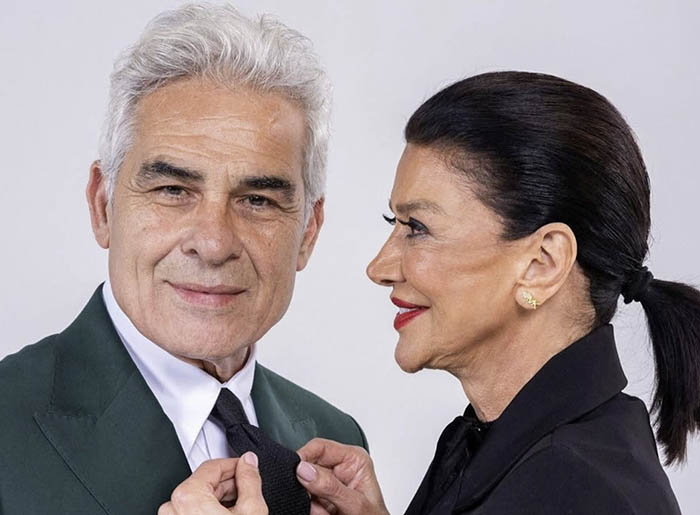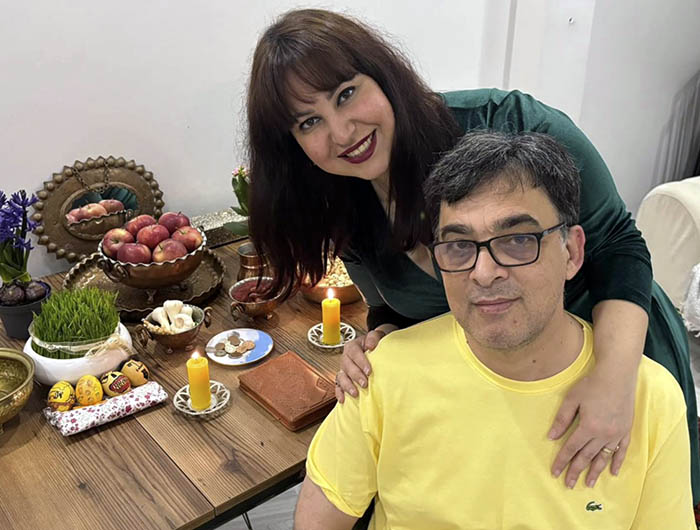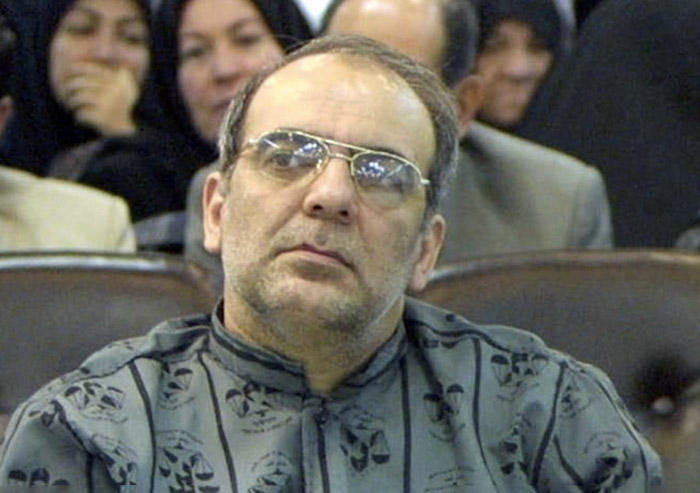Who is Salwan Momika? The Controversial Iraqi Man Shot Dead in Sweden

The Role of Social Media
Momika’s use of social media, particularly TikTok, played a significant role in shaping his public persona and amplifying his actions. Through online platforms, he reached wider audiences, igniting both support and outrage. His live broadcast during the shooting highlighted the dual-edge nature of social media—where it serves both as a tool for expression and a potential catalyst for conflict.
The incident raised questions about how social media platforms moderate content that may incite violence or hatred. Calls for stricter regulations surrounding hate speech and violent content grew louder in the aftermath, compelling platforms to reassess their policies and enforcement mechanisms.
Future Implications
The killing of Salwan Momika has left a complicated legacy. It underscores the urgent need for societies to address the intersections of cultural sensitivity, freedom of expression, and the rights of individuals facing persecution. As debates continue, it becomes evident that finding common ground is essential in avoiding further polarization and violence.
Moreover, the broader questions surrounding immigration policies and the treatment of asylum seekers will likely gain renewed attention in political forums. Sweden’s immigration system may face scrutiny over how it balances the safety of its citizens while respecting the rights of those seeking refuge.
As new policies are discussed and implemented, the example set by the Momika case could present both challenges and opportunities for promoting peace and unity in culturally diverse societies. Future leaders will need to grapple with navigating the complexities of public sentiments, community safety, and the nuances of individual expression in a globalized world.
Conclusion
The fate of Salwan Momika serves as both a tragic tale and a cautionary story about the complexities of identity, expression, and the consequences of contrasting beliefs in an increasingly polarized world. His journey from Iraq to Sweden underscores the struggles faced by individuals caught between seeking asylum and confronting societal disapproval.
While his actions provoked widespread media attention and strident reactions, his death raises critical questions about the balance between free expression and respect for deeply held beliefs. As societies grapple with the implications of actions like Momika’s, it becomes clear that the conversation surrounding freedom of speech, immigration policies, and cultural sensitivity continues to evolve, requiring careful navigation to foster understanding and coexistence.




